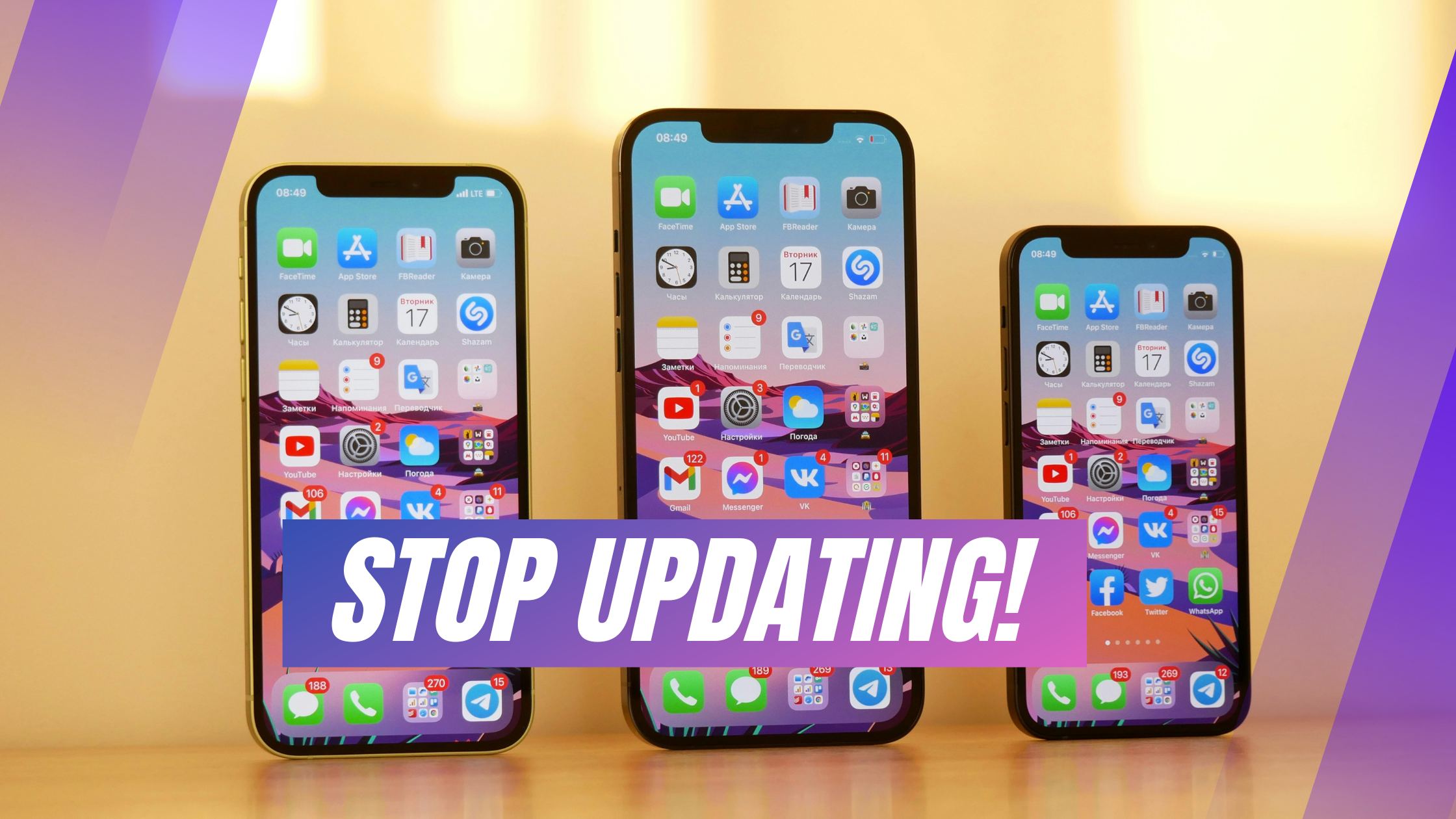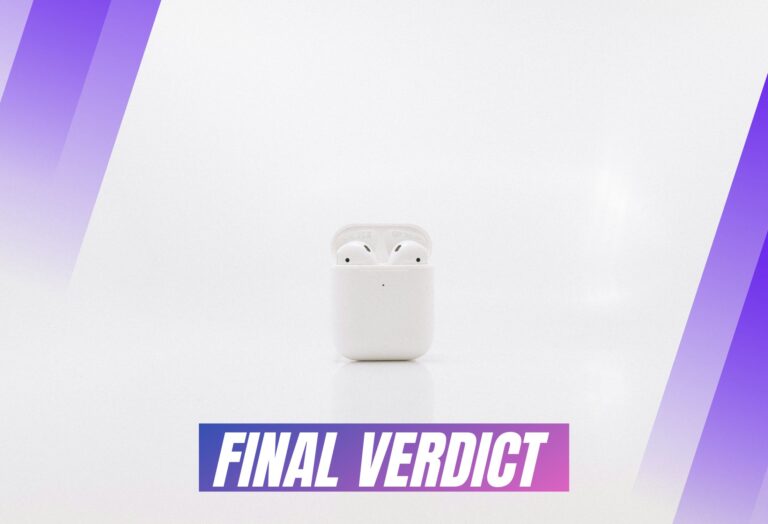This is 100% based on my personal experience, therefore I take full responsibility if Apple comes after me!
When it comes to technology, one could hardly find a more well-known brand than Apple; it is associated with innovation and style. Though, a common issue whereby the utilization of iOS is expressed is the belief that Apple purposefully degrades the performance of their previous devices as means to encourage consumers to upgrade to newer models. This practice is regarded as a ‘planned obsolescence,’ which became an object of the discussion and criticism.
The problem reached a massive following in the year 2017 when Apple came forward to acknowledge that it had been slowing down the efficiency of older iPhones. Apple also stated this action was necessary to avoid random rebooting due to the deterioration of the battery. As much as this explanation had a certain technical premise, it contributed to perpetuate the impression that iOS updates harm older devices’ performance.
The problem has been commonplace in many iOS devices where after upgrading to the latest iOS versions, their devices slow down drastically. Applications run slower, the time taken to charge a battery becomes longer, and there is sluggish performance of overall system. This can be very annoying especially for those who use their phones for most of their activities of the day. The feeling is that each step adds to the list of changes that in fact accentuate the aging of a gadget and its inability to offer the ultimate user experience.
The possibility of Apple’s planned reduction of device performance has strong monetary consequences. The clients who may find their devices to be slow or less effective may feel the need to buy the new models contributing to s increased sale for Apple. This cycle of upgrades does a lot to both of the wallets of the consumer and to the electronic waste as perfectly good devices are replaced.
In other cases, user’s concerns over the new release are such that they will either postpone an update to iOS or avoid it all together. Therefore, they are able to keep a ‘clean’ copy of their operating system and thereby retain a fast device instead of having it slow down. Also, users can fix battery problems that affect the performances of their devices without having to buy a new device.
The new features and security patches that come with iOS updates are ever relevant, but with a caveat; the updates slowed down older devices. In realization of these probable disadvantages, users shall be in a position to make a wiser decision of whether to upgrade their devices or not. Until such issues are dealt with in a way that is clear to Apple, there will always continue to be doubt placed on the updates to iOS.
"Note: Readers like you help support The Apple Tech. We may receive a affiliate commission when you purchase products mentioned on our website."








